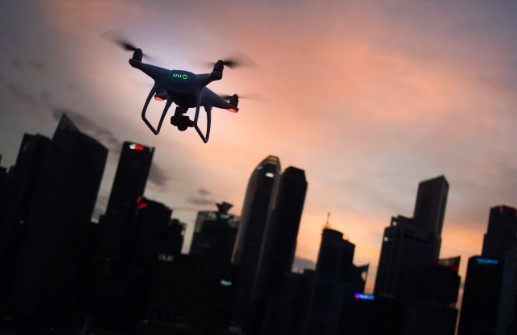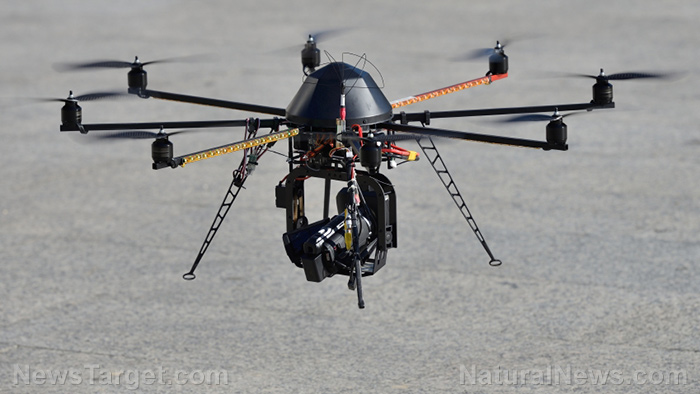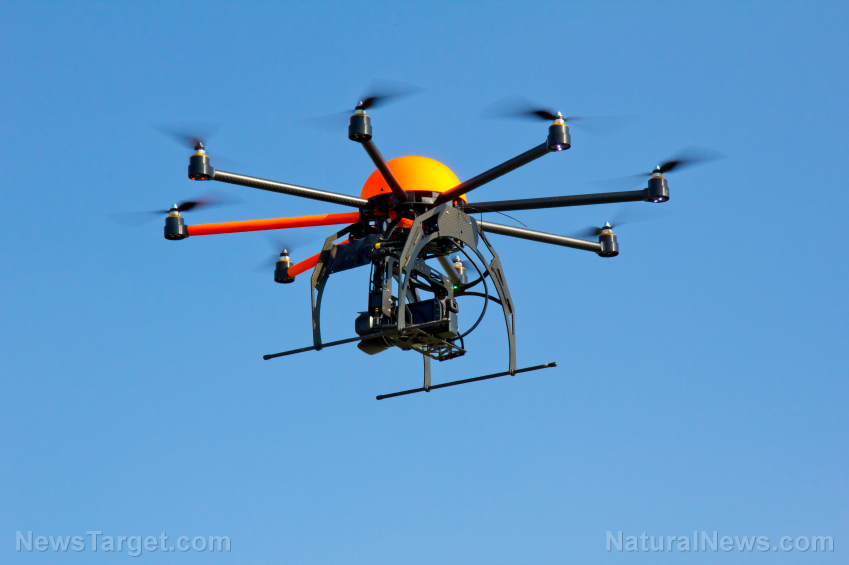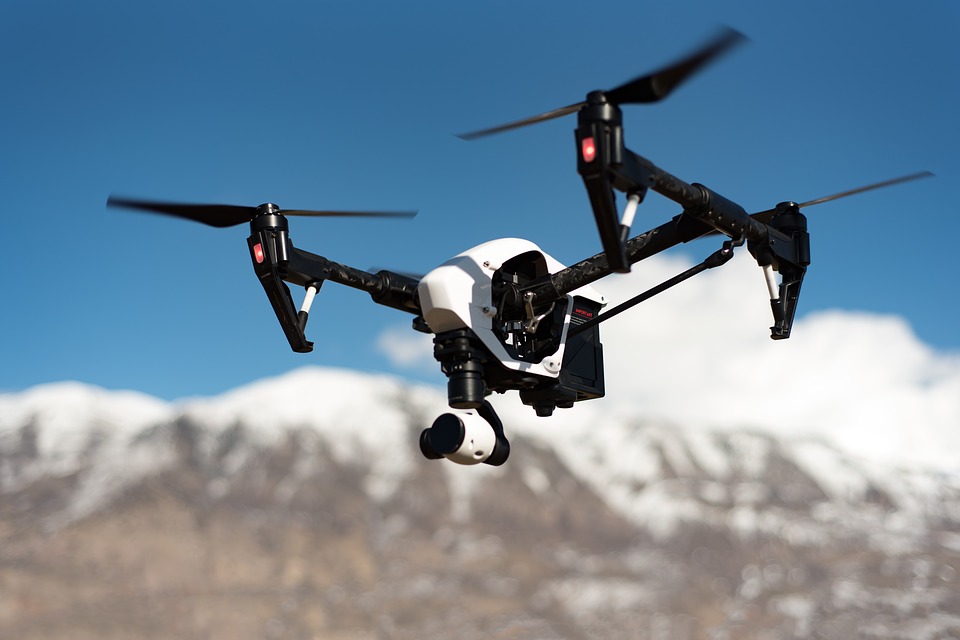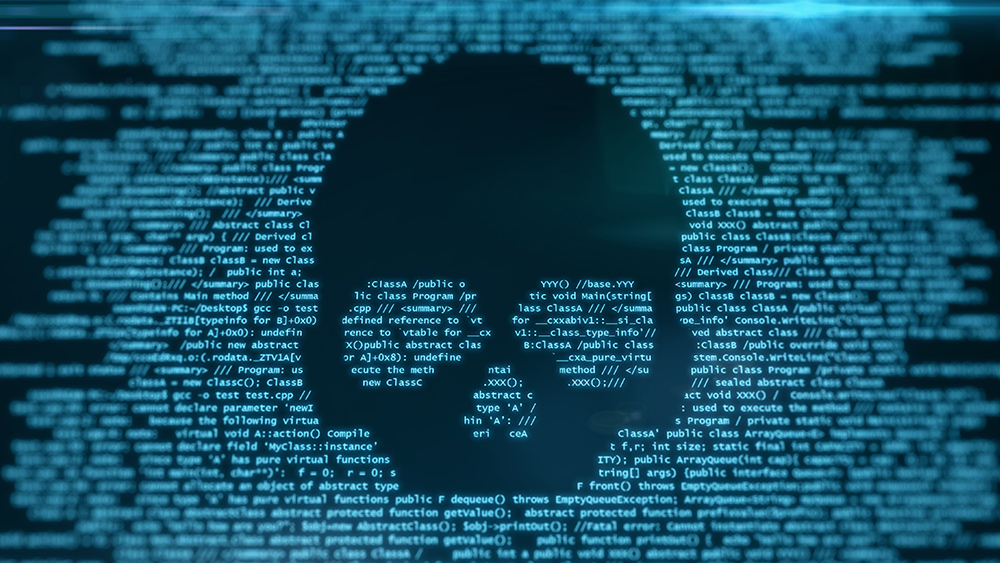Surveillance rewires how we perceive others, affects the subconscious in primal ways
12/20/2024 / By Lance D Johnson

In the age of constant surveillance, Big Brother isn’t merely an ominous figure from a dystopian novel. He’s here, ever vigilant, and he’s not just watching—he’s rewiring the very fabric of our perception. A groundbreaking study out of the University of Technology Sydney reveals that CCTV cameras aren’t just affecting our behavior—they’re fundamentally altering the way our brains process visual information.
Surveillance shapes our perceptions of people and self
The implications of this research are nothing short of terrifying. While previous studies have shown that surveillance can shape our conscious actions, making us less likely to engage in antisocial behavior, this new research suggests that being watched can manipulate our unconscious perception—our basic ability to detect faces. According to Associate Professor Kiley Seymour, the lead author of the study, surveillance cameras are tapping into ancient survival mechanisms that evolved to detect threats and social cues.
The experiment was simple yet ingenious. Fifty-four undergraduate students were split into two groups: one monitored by CCTV cameras, and the other participating without surveillance. Both groups were subjected to a visual task using continuous flash suppression (CFS), a technique that temporarily prevents images from reaching conscious awareness while the brain still processes them unconsciously. The monitored group showed significant improvements in their ability to detect faces, detecting them almost a second faster than the control group.
This is not about heightened alertness or increased focus. The study found that the same participants, when tasked with detecting geometric patterns instead of faces, showed no difference in performance between the watched and unwatched groups. The surveillance effect was specific to social stimuli—faces that could indicate threats or intentions.
So, what does this mean for us? It means that we’re not just being observed; we’re being primed to perceive our surroundings in a certain way. We’re being trained, in a sense, to interpret the world through the lens of surveillance. It’s a sinister form of behavioral programming, designed not just to control our actions but to mold our perceptions.
We are being subconsciously programmed by the presence of the surveillance state
The researchers highlight the unsettling disconnect between participants’ conscious awareness and their unconscious responses. Despite feeling only mild concern about being watched, the participants showed significant changes in visual processing. This means that the effects of surveillance are operating on a level far beyond our conscious awareness.
The implications are both profound and disturbing. This study raises critical questions about the impact of surveillance on mental health and social interaction. Individuals with conditions like psychosis or social anxiety already exhibit heightened sensitivity to eye gaze, and this research suggests that surveillance could exacerbate these conditions. It’s a small step from there to considering how pervasive surveillance might be contributing to widespread anxiety and paranoia in our society.
Moreover, this research comes at a time when technological surveillance is more pervasive than ever. From CCTV cameras to facial recognition systems, we are increasingly living in a world where privacy is a fleeting memory. As surveillance technology advances—particularly with the potential for neurotechnology to monitor our mental activity—understanding these unconscious effects becomes crucial.
What’s clear is that we are living in a new era of control, one that extends far beyond simple observation. We are being watched, and our minds are being actively shaped by that process. Big Brother isn’t just watching us; he’s changing how we see the world.
This isn’t just about privacy anymore. It’s about the integrity of our minds and the autonomy of our perceptions. We’re living in a society where our most basic cognitive functions are being subverted without our even knowing it. And while we may not feel the immediate effects, they could be profound and long-lasting.
Sources include:
Submit a correction >>
Tagged Under:
anxiety, behavior programming, behavioral control, big government, deep state, mental activity, neurotechnology, overlords, paranoia, perception, primal instincts, privacy watch, research, subconscious programming, surveillance, Tyranny, unconscious effects, visual processing
This article may contain statements that reflect the opinion of the author
RECENT NEWS & ARTICLES
COPYRIGHT © 2017 PRIVACY WATCH NEWS

